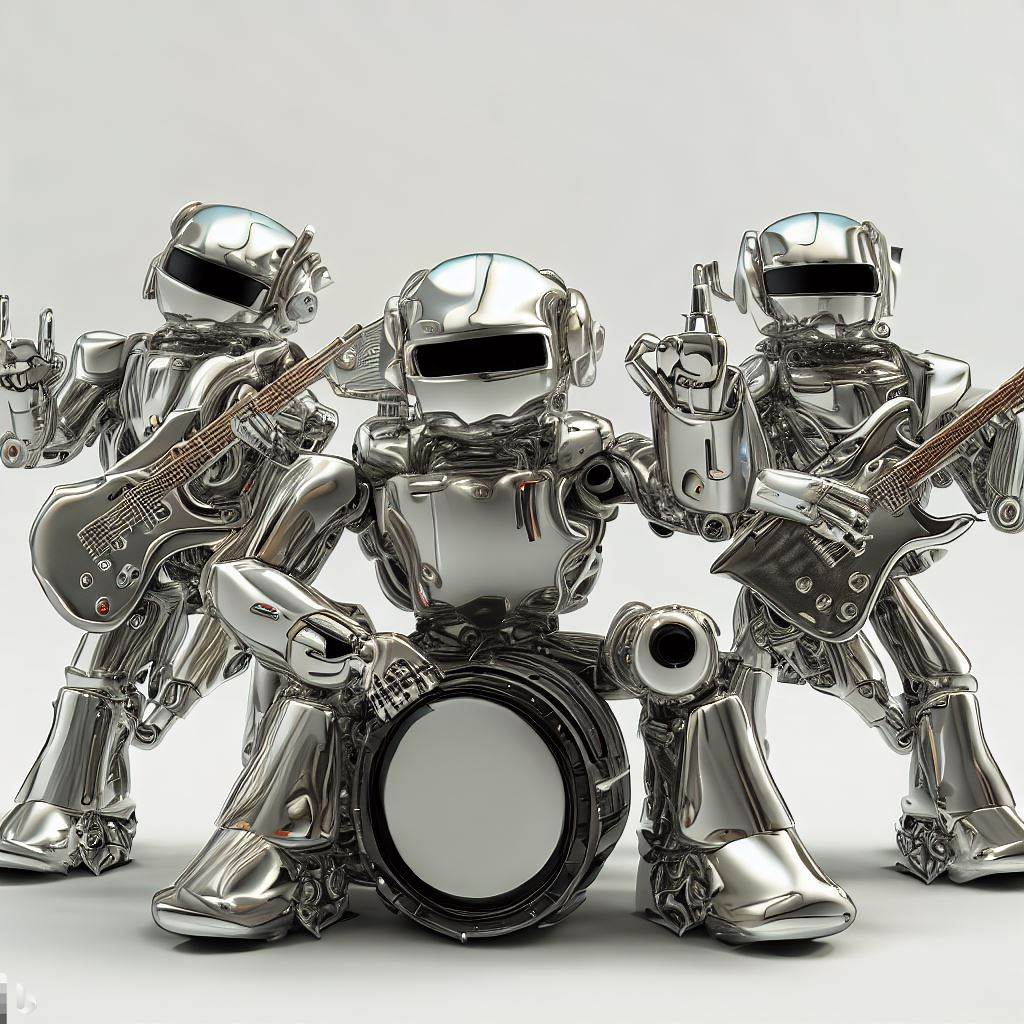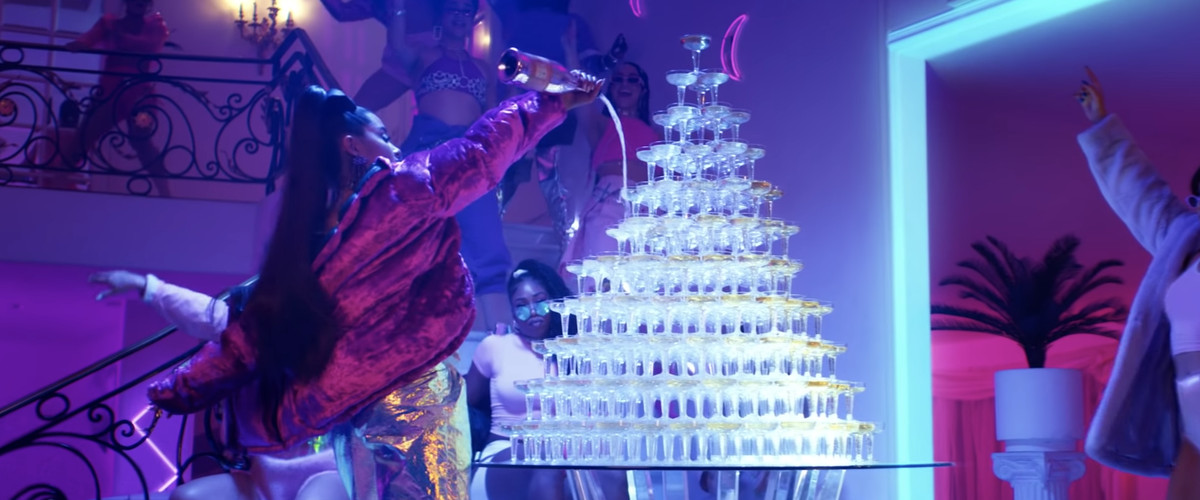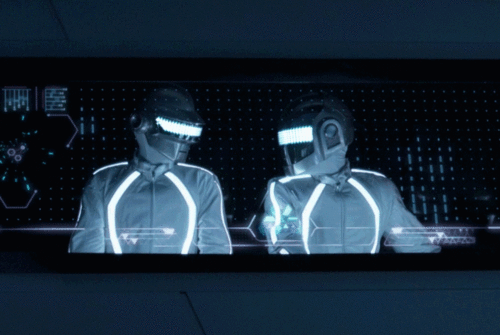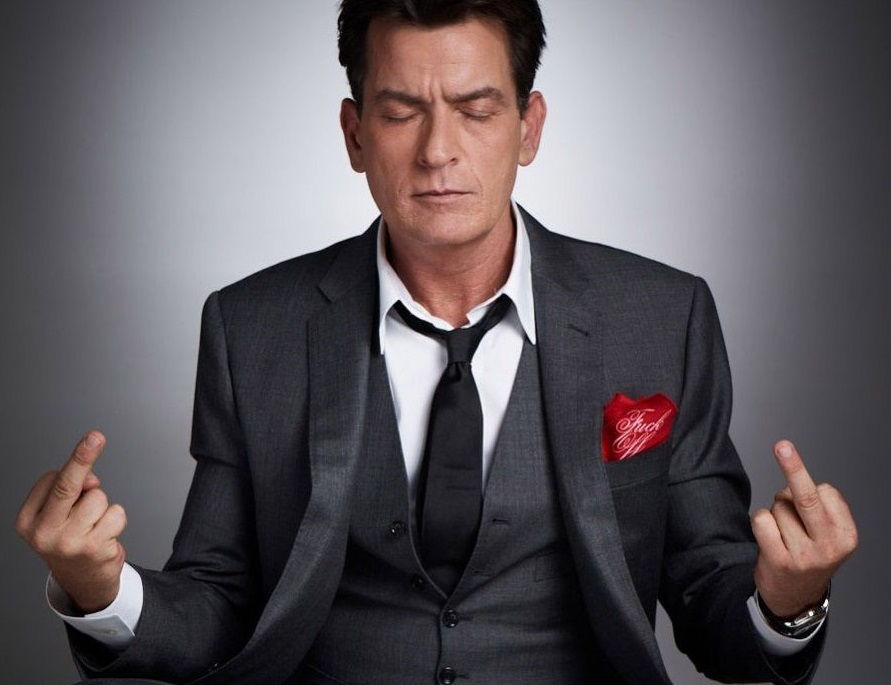Everyone is very polarized about AI in art. Some say that nothing will save us from armageddon if we don’t stop the machine, and others say it will create new jobs. But art is a thing of feelings, and since AI doesn’t have that, we’re safe, right?
It’s complicated: AI will achieve for us greatly reduced time costs at work, making every product or service cheaper or incorporating new facilities for the consumer, that’s for sure. On the other hand, it is possible that machines will have many possibilities when it comes to generating art in a similar way to how we humans do it; moreover, if it succeeds, it will do it automatically, although it is necessary to know that for now we are not in that scenario.
In the area of music, many will sell you that AI is already making quality Lofi beats, or that you can make a lot of money selling pop music or super creative trumpet or guitar solos with AI. But the truth is that this is not the case. I’ve been checking various technologies of this type in different reviews, and I must say that what the AI does, if not severely intervened by the human being, sounds absolutely horrifying and meaningless. In fact its biggest shortcoming is the timbre, but many times it also affects the melody and harmony.
But what if the machines reach enormous quotas of creativity in art? This without ever feeling anything beyond their computational capacity to EMULATE emotions. Will we get to “empathize” with the machine at a technological level when they insert a chip that increases our memory? These are questions that make your skin crawl.
It has become something of a cliché to find an AI “expert” commenting that AI won’t kill as many jobs as they think it will. “It will be the human running the machine as it has always been done.” With such open access to technology, the average worker should be able to earn more money working less than in the past, right?
Some see it too easy, but then there are those who see the glass as empty; with them, we dive into a dystopia in which AI will spell the end of employment. Technology will eventually destroy our global labor ecosystem and the gap between rich and poor will widen. Well, well, well. It would seem that NONE of these tech pseudo-gurus are artists, because they don’t have an ounce of creativity.
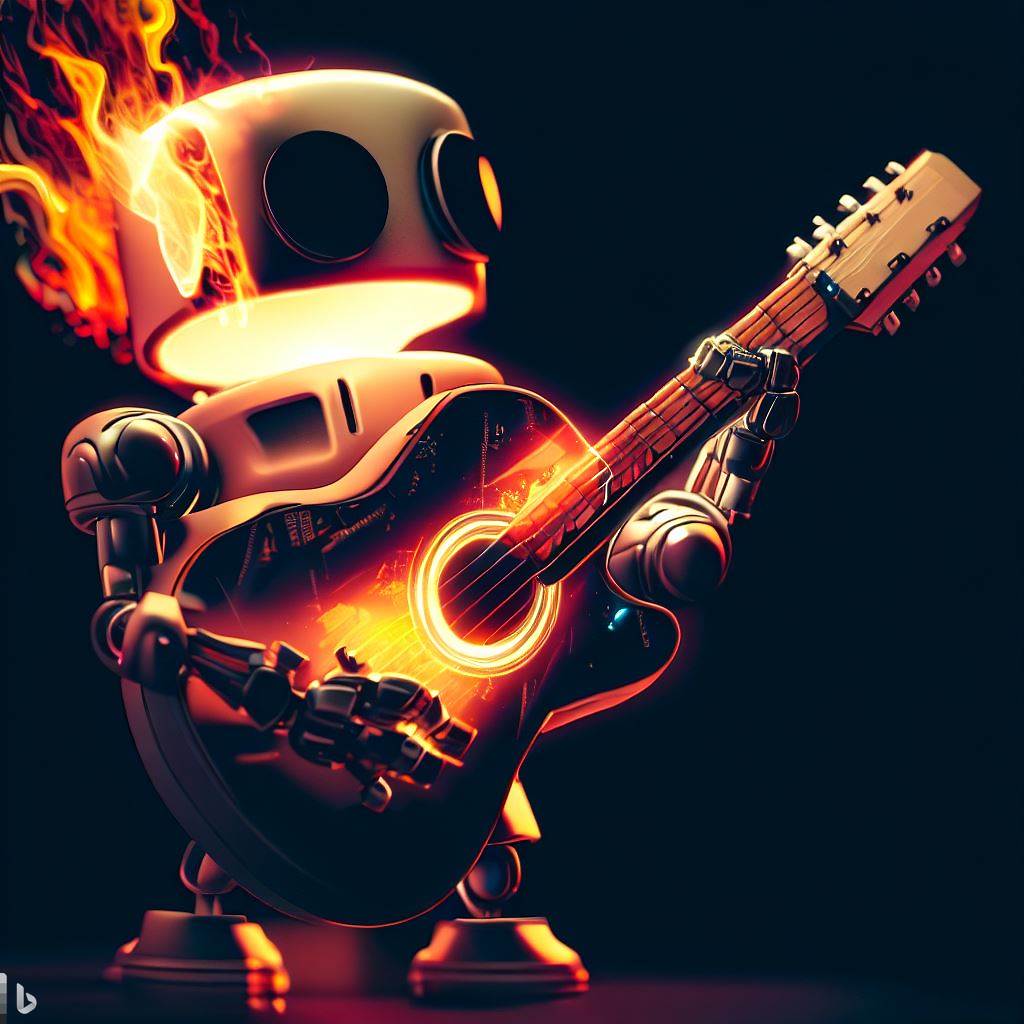
Think about it for a moment
How did Jules Verne imagine the future? With science? With creativity? NOT AT ALL. With a succulent mixture of both. Luckily, in this blog we are from the Creativity team, so let’s imagine the future (now yes) with artificial intelligence. And the fact is that, at least for my part, I can squeeze my coconut and suggest 4 possibilities that certainly have not been asked to ChatGPT. Remember: today, to create something new, the human brain is a tool that has no competitors.
In order to establish these 4 possibilities, let’s start -please- from the assumption that jobs will not be destroyed. This is not the right way to think about employment; with greater integration of AI into working life, employment will simply EVOLVE. And yes, we will see individual workers lose a particular job, but this will be due to lack of renewability, or else resignation. Many workers will discard the possibility of continuing in a job if it becomes 100% mechanized. But we have to think that after the mechanization phase, it is normal for each worker in a specific niche to start with an advantage (in that same niche) over new interested parties when it comes to accessing a mechanized position.
But how can this era of mechanization come about?
Okay, let’s get started. As I say, I offer you 4 scenarios of what can happen with AI in the arts. All of them would occur taking into account that AI will never acquire real or comparable feelings to those of human beings with the advent of absolute mechanization (it may not be so, but the possibilities are thought under this premise). All of them are compatible, but they can be interpreted as different detailed plans for future life.
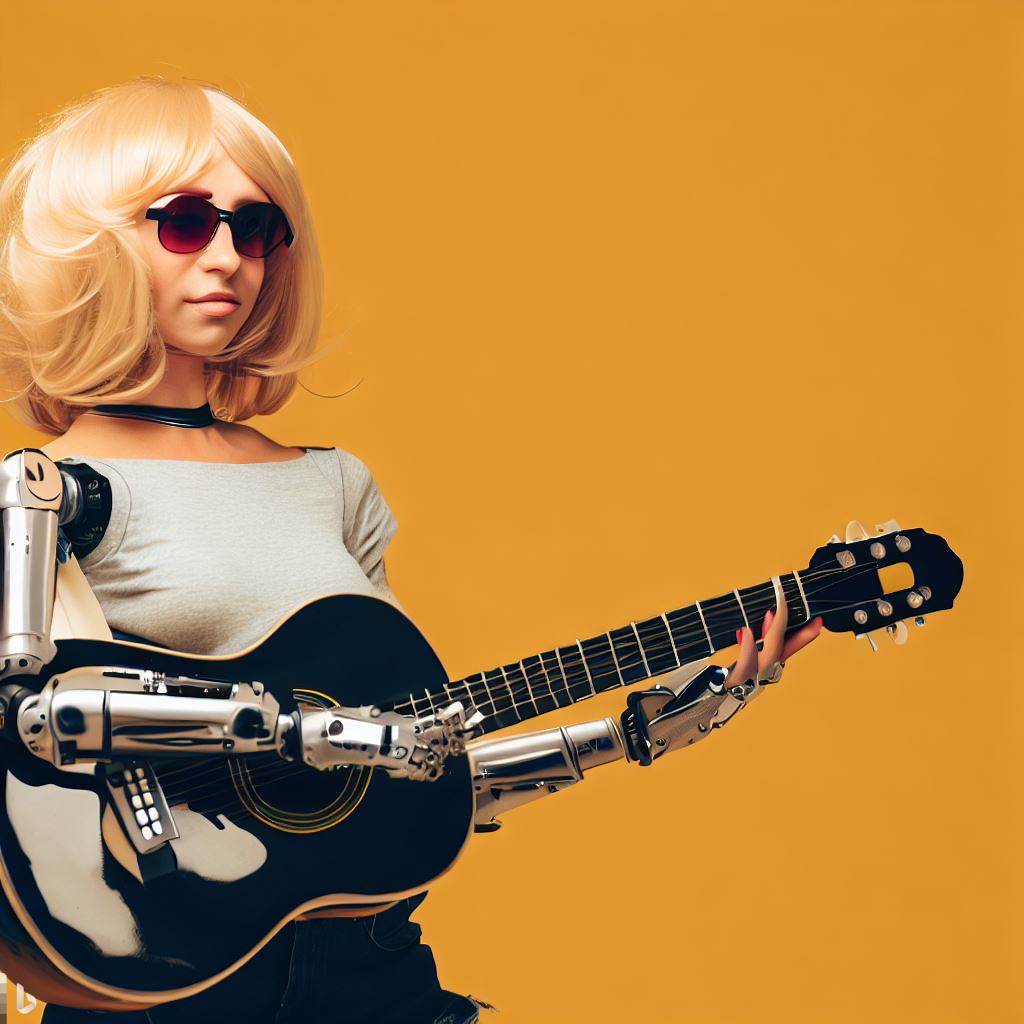
1 Mechanical engineers for everything
We will be skilled operators specialized in machines of one or another niche. We will transmit to our machine a series of commands involving options or details about the object or service to be generated, as if it were a test. In the artistic field, we will transmit to the AI options about the components and the recipe of the work we imagine. We will then become device guides rather than artists, in a world whose markets will increasingly need to work faster and sell artistic products more focused on the technical and generally a little less inclined towards the emotional component (logos, signage, or music for advertising, urban dance music, chill ut, music for yoga classes, etc.).
In addition to this, practically all jobs (or perhaps 100%) will be handled by cranes and robots with incredible adaptability to every surface and task, so that every worker who does manual labor today will become a mechanical engineer specialized in his own area of robotics. Work will become about handling robots, and many people who today understand their craft as something beautiful and artisanal will work reluctantly. Depression may become increasingly familiar to us, even though society has reached its maximum degree of functionalism and interconnectedness.
2 Expensive humans, cheap robots
Top singers will have the ability to hire reputable producers who still operate classic machinery (digital and analog keyboards, plugins, daws, etc). At this level of detail, the AI will never be able, not only to have real feelings, but to innovate in music with the mastery with which a human being does. It will not be able to move humanity by mixing two different types of influences in one, with the coherence and the strong argumentative component that we achieve. He will not be able to understand the fundamental definition of art, and thus will not be able to put it into practice successfully. This is the saving grace for producers who provide a customized service based on each artist’s musical tastes and voice type. If you consider yourself an artist of this team, after the blog, take a stroll through my featured works and maybe we can polish your next great track.
Going back to the futuristic, cheap 100% AI productions will be operated by not very well known producers, who will manufacture tracks very fast and at ridiculously low costs for the client. This type of productions will interest novice artists or those who are at a mediocre level and do not want to grow artistically (or cannot afford it due to lack of money). Those who have a larger or smaller budget will be able to pay, within this level, a producer who at the same time has been able to invest in brands (we should rather speak of ranges, at least if AI becomes a monopoly in all mechanized fields) more or less cheap of machines intended for artistic creation.
A third level in quality will be composed of singers who know nothing about music. They will try to handle (with more or less intuition) machines and AI-assisted production software, in order to compose their own music without paying only for the software itself. If most singers (and let no one take this the wrong way) are already hardly risky with their ideas and proposals (limiting themselves to replicating styles of great artists instead of establishing mixes or trying to introduce some innovation), in this context artists will be even less creative.
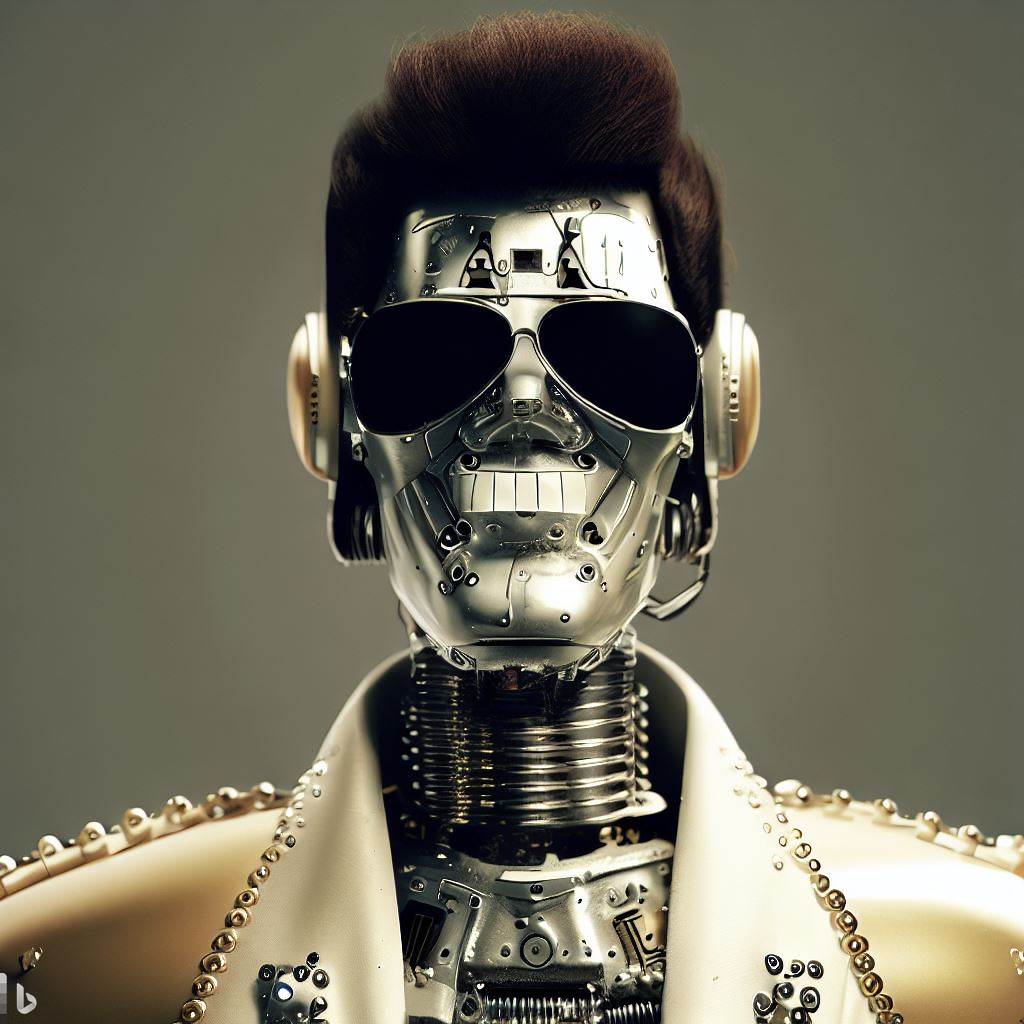
3 Hyperrealistic robot artists
AI will create huge record labels made up of robot artists of all kinds, human-assisted and automated. The assisted ones will be better, and their performance will be more morbid and creative. In fact, they will surely compromise many human singers. Among the non-intervened (automatic) robot artists, some will triumph by the configuration and selection of computational data to be crossed to create the artistic features. Something similar to the current functioning of Instagram, Facebook, Tiktok or Youtube algorithms will happen… each algorithm encourages at the same time consistency with the type of platform or social network, but also impacts the addiction of consumers to varying degrees.
This option is also compatible with the previous ones: in this case, the low-ranking human singers we were talking about before would be even more displaced by other artists, as the market will not have as much absorption capacity. Moreover, these robots will not necessarily look like robots. Some will be anthropomorphic, with hyper-realistic skins and human-like gesticulation. Some will even be able to play the trick of ambiguity. “Are they machines or humans? The record companies don’t comment anything about it when the press asks, they seem to want to keep the mystery and the morbidity.”
And what would the festivals be like?
Human performance will still be required in everything, but it won’t matter if the performers are machines as long as they appear to be human. We will go to totally inert festivals, with robot bands. Yes, concerts will be created in which robots will play instruments with or without the characteristic imperfect human performance, depending on the genre. This will bring with it a lot of hype, because people will love and admire them like you may love the Joker or Hulka today, knowing that they are not real. They are inert, but they convey a real feeling. Still, working with human instruments and instrumentalists will never go away.
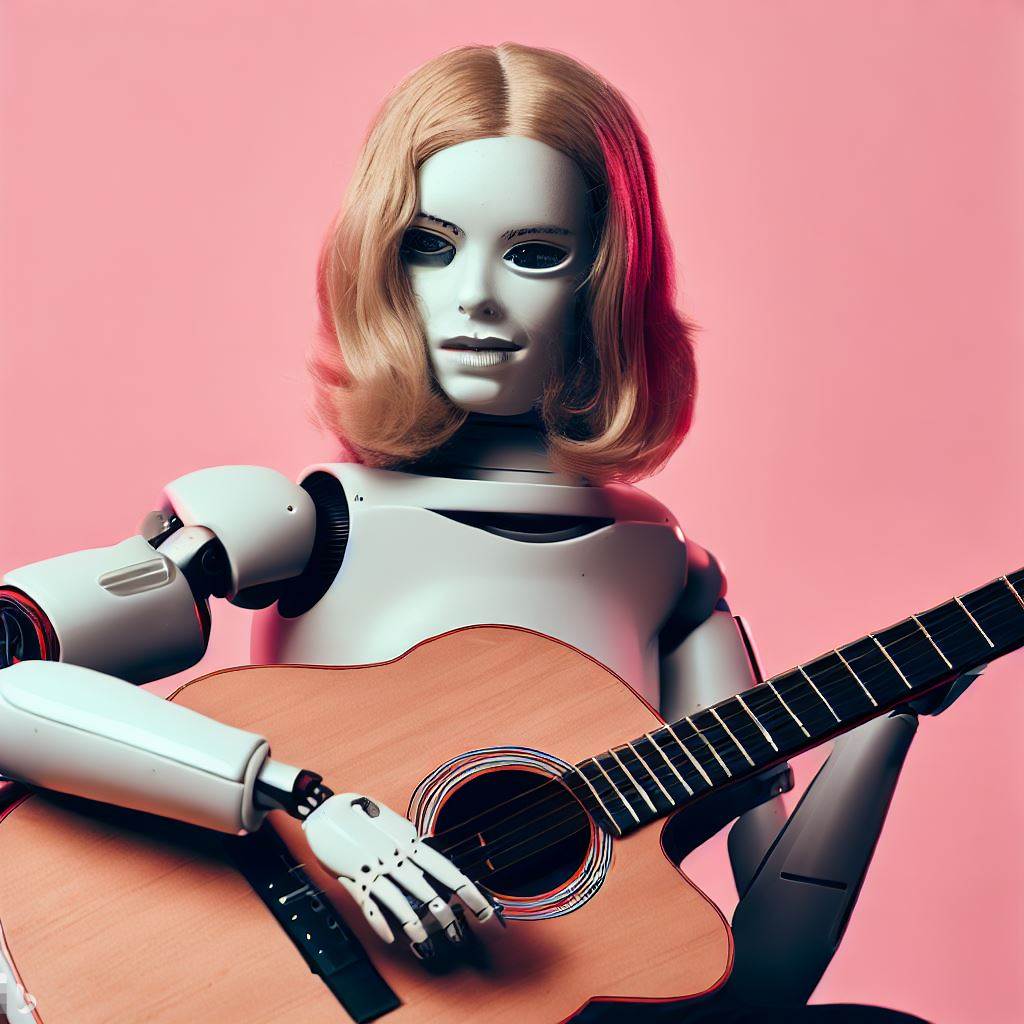
4 Competition between machines and humans
This detail plane is quite curious and gives some bad feeling, but it is also coherent. The computational capacity of the machine will lead it to become independent of the human being when it comes to serving him, and there will come a time when it will decide to do whatever it sees fit. Many experts have been warning for years about the idea of endowing the machine with logic, since if we continue along this path we run the risk that, at a certain point, the AI will understand that human intervention exercised on it is nonsense. Why would it come to this conclusion? Because at this hypothetical moment the machine would be able to optimize itself. Will it want to destroy us? Maybe, but since I don’t want to succumb to clichés I’ll spare myself the drama.
Rather, I think that a kind of competition may develop from the human being to convince (commercially, not emotionally) more than the machine, and vice versa. It would be an uncomfortable cold war to find ways to argue through music or art in general. The first great war that not only would not bring economic losses or tabulas of foreign debt, but quite the opposite: money for the human being. It’s a little bit funny, isn’t it?
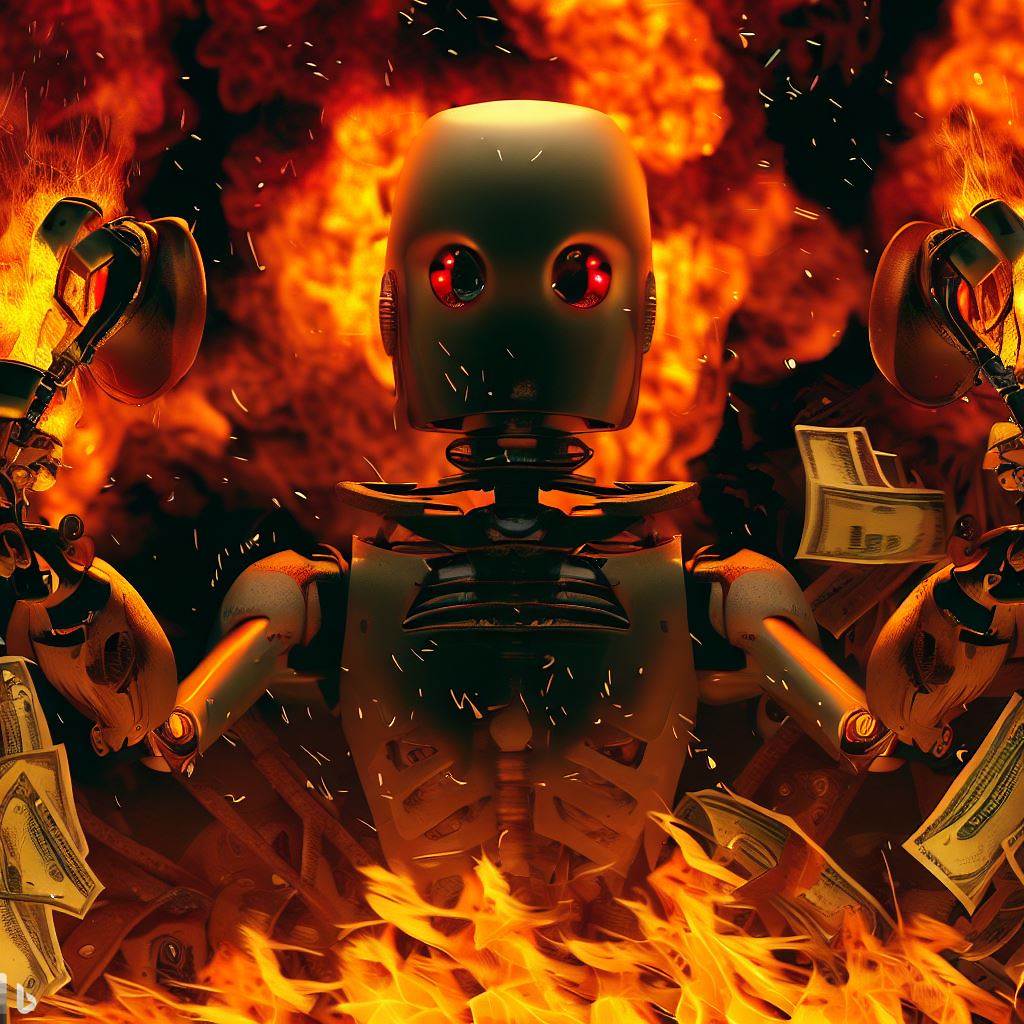
That’s all, I hope you enjoyed this blog. I leave you some similar ones in case you might be interested! Remember that you can ask me for custom instrumentals as well as mixing and mastering for your song/s.
